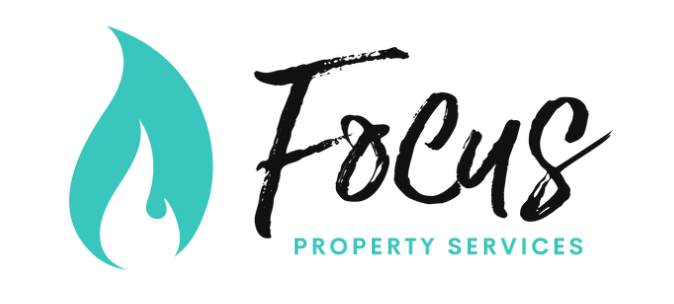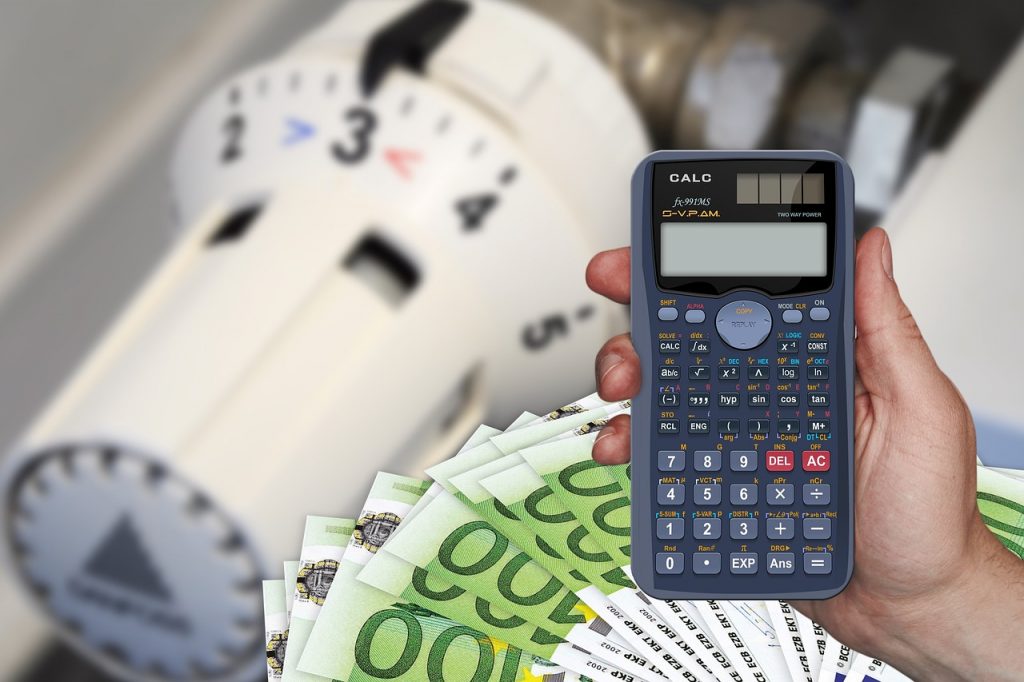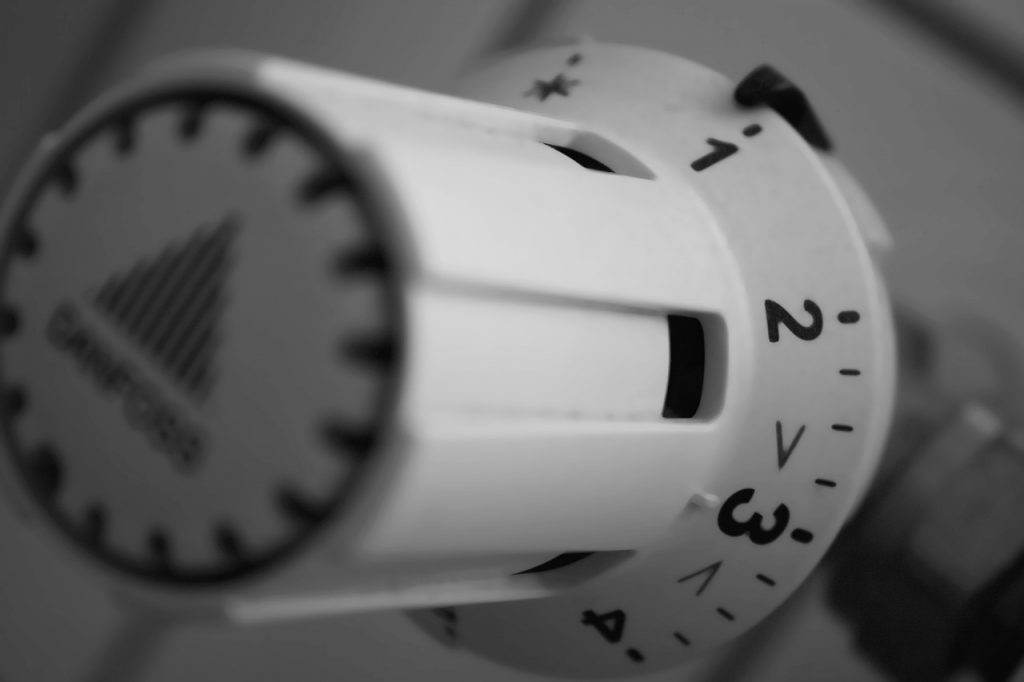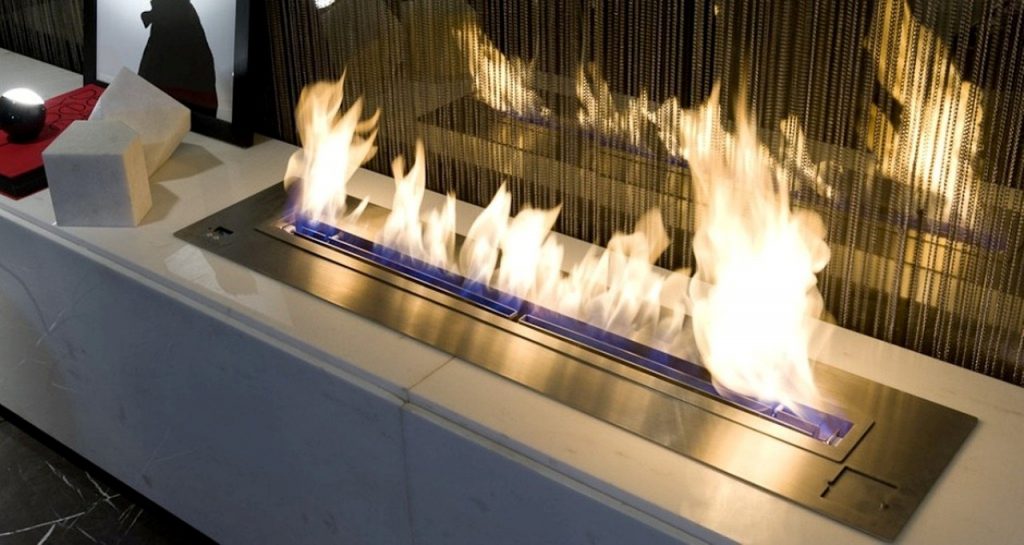Nobody wants to wake up on a cold morning to find their boiler playing up. Whether it’s failing to heat your home properly or making enough noise to startle the neighbours, boiler issues can be a real headache. Thankfully, some problems can be fixed without calling in a professional. Let’s go through some common boiler troubles and what you can do about them.
Low Boiler Pressure
If your radiators aren’t heating up as they should, or your boiler keeps switching off, low pressure might be the culprit. Most boilers have a pressure gauge on the front, and ideally, it should read between 1 and 1.5 bar. Anything lower, and you’ve got an issue.
How to Fix It
- First, check for visible leaks around your boiler and radiators. If you spot a leak, you’ll need a Gas Safe engineer to repair it.
- If no leaks are present, repressurising your boiler is usually straightforward. Locate the filling loop (a small silver hose with valves at both ends), open the valves slightly, and let water flow into the system. Keep an eye on the gauge and close the valves once it reaches around 1.5 bar.
- If the pressure keeps dropping after topping up, there may be an underlying problem that needs professional attention.
Boiler Won’t Ignite
A boiler that refuses to fire up could be caused by various issues, from a faulty ignition to problems with the gas supply.
What to Do If Your Boiler Won’t Ignite
- Check the gas supply – If your gas hob or other appliances aren’t working either, there could be a gas supply issue. Contact your supplier if this is the case.
- Reset the boiler – Modern boilers have a reset button. Holding this down for a few seconds could get things running again.
- Check for a frozen condensate pipe – In colder months, the condensate pipe (usually running outside) can freeze, preventing the boiler from igniting. Pouring warm (not boiling) water over it may solve the problem.
If none of these work, it’s time to call a professional. Attempting to fix internal components yourself isn’t just risky. It can be downright dangerous.
Noisy Boiler
A noisy boiler can be unsettling, but different sounds can indicate different issues.
Common Boiler Noises and What They Mean
- Banging or knocking – Could be caused by air in the system or an issue called “kettling” (caused by limescale buildup).
- Whistling – Often linked to kettling as well. Hard water areas tend to cause this issue more frequently.
- Gurgling – Usually means there’s trapped air or a frozen pipe.
How to Fix
- Bleed the radiators – Trapped air often causes unusual sounds, and bleeding your radiators releases it.
- Check the water pressure – If it’s too low, your system might make noises when trying to circulate water.
- Descale the system – Kettling is usually due to limescale, so using a chemical descaler or getting a professional to flush the system can help.
Radiators Not Heating Up Properly
Nothing’s worse than turning on the heating only to find some rooms still feel like an icebox.
Possible Reasons Why
- Trapped air – This is the most common issue and can be solved by bleeding the radiators.
- Sludge buildup – Over time, rust and debris can gather in your radiators, preventing them from distributing heat evenly. A power flush by a professional can clear this out.
- Thermostat settings – If the thermostat is set too low, the radiators won’t kick in properly.
If the radiator stays cold at the bottom but heats up at the top, sludge is likely the issue. If it’s the opposite, trapped air is probably to blame.
When to Call a Gas Safe Engineer
Some issues are better left to the pros. You should always call a Gas Safe registered engineer if:
– Your boiler is leaking gas or water.
– There’s a persistent fault that resetting the boiler won’t fix.
– You notice a burning or egg-like smell (indicative of a gas leak).
– You suspect carbon monoxide issues (headaches, dizziness, and nausea can be signs).
Frequently Asked Questions
Why does my boiler keep turning off?
If your boiler keeps switching off, it could be due to low water pressure, a faulty thermostat, or an issue with the pump. Checking your pressure gauge and thermostat settings is a good start, but a persistent problem warrants professional help.
How often should I service my boiler?
It’s recommended that you get your boiler serviced annually by a Gas Safe engineer, usually before winter hits. This helps ensure it’s running efficiently and prevents breakdowns when you need it most.
Can I fix a boiler leak myself?
No. Leaks can be caused by serious internal issues, from corroded pipes to a faulty pressure valve, and should only be handled by a professional. If you notice a leak, turn off the boiler and call an expert immediately.
Why is my boiler making a high-pitched whistling noise?
This noise, often called “kettling,” is typically caused by limescale buildup restricting water flow. A professional flush of the system or a descaler might be needed to resolve the issue.
What’s the lifespan of a boiler?
Most boilers last between 10 to 15 years if well-maintained. Regular servicing and prompt repairs can extend its life, but if your boiler is frequently breaking down or becoming inefficient, it may be time for a replacement.
Keeping your boiler in top shape doesn’t just keep you warm. It saves you money on repairs and energy bills. While some problems can be fixed with a simple tweak, bigger issues should never be ignored. When in doubt, always call a professional to stay safe and keep your home running efficiently.




